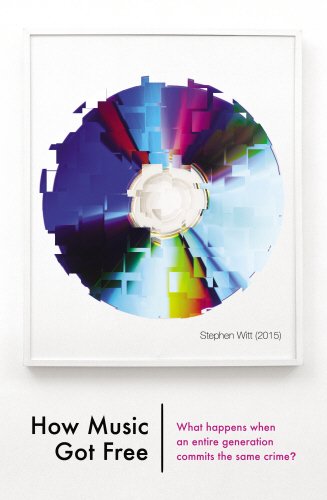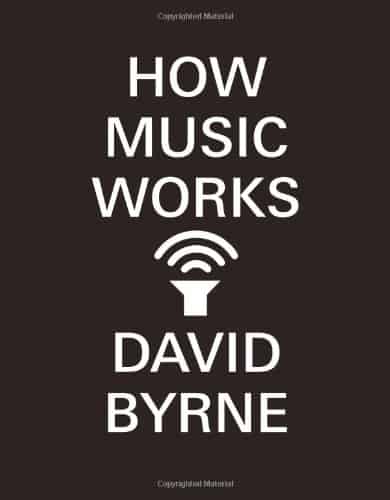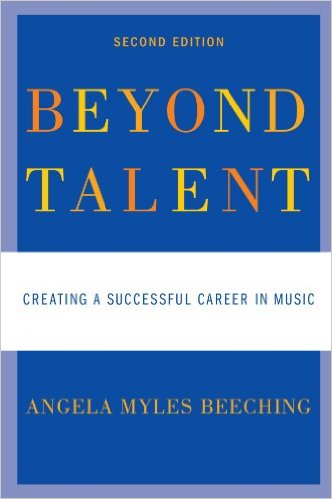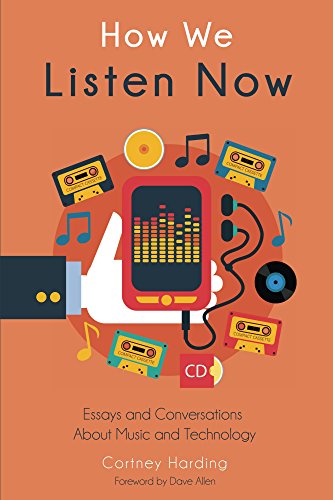One of the defining developments in music at the end of the 20th century was the rise and proliferation of file sharing. Since then, the music industry has never been the same. A grassroots, underground and illegal culture of stealing music swept the U.S. and eventually the world. The celebratory vibe of free music for the masses and “sticking it to” giant music companies was offset by very little guilt for the artists who bore the brunt of the financial impact.
How Music Got Free succinctly asks and answers the question: “What happens when a whole generation all commit the same crime?” It is a page-turning account of how the spirit of music was simultaneously liberated and tainted by human greed. Who is worse: conniving music moguls and executives, or the top music pirates? Neither group is ideal for artists, but both remain a reality and inevitably influence the creative process for anyone who wishes to succeed as a musician in current conditions.
Music is now inextricably linked to the Internet, and this book traces how this occurred starting with the invention of the mp3 in Germany to the first music leaks online to how music executives have jockeyed for dominance in the digital space. You’ll meet unsavory and fascinating characters, geniuses, criminals and average people who were involved in changing the business and art form of music forever.
Author Stephen Witt is a journalist who brings the cinematic flair of a seasoned fiction writer to his prose. How Music Got Free was the 2015 Financial Times and McKinsey Business Book of the Year, a New York Times Editors’ Choice, the 2016 J. Anthony Lukas Book Prize, and a finalist for the 2016 Los Angeles Times Book Prize. It was also named “One of the Year’s Best Books” by The Washington Post, The Atlantic, Time magazine, The Financial Times, Forbes and Slate magazine.






























